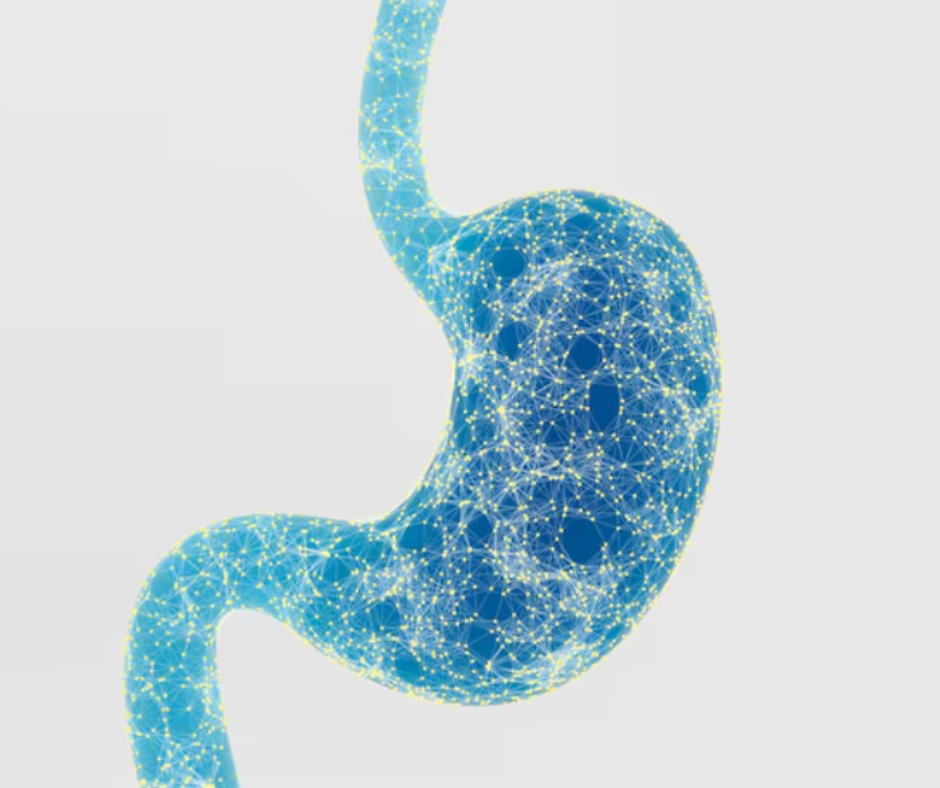How Diet and Nutrition Can Impact Liver Cancer Progression
- livercarecenter23
- Feb 7, 2024
- 2 min read
Diet and nutrition play a crucial role in the progression of liver cancer. Making healthy dietary choices can help support liver function, boost the immune system, and potentially slow down the progression of the disease. Here are a few ways in which diet and nutrition can impact liver cancer progression:
1. Maintaining a Healthy Weight: Obesity and excess body weight are risk factors for liver cancer. By adopting a balanced and nutritious diet, you can manage your weight and reduce the risk of cancer progression.
2. Consuming Antioxidant-Rich Foods: Antioxidants help protect cells from damage caused by free radicals, which can contribute to cancer development. Including foods rich in antioxidants, such as fruits, vegetables, nuts, and seeds, in your diet can support liver health and potentially slow down cancer progression.
3. Limiting Alcohol Consumption: Excessive alcohol consumption is a known risk factor for liver cancer. It is important to limit or avoid alcohol intake to reduce the risk of cancer progression and further damage to the liver.
4. Eating a Balanced Diet: A well-balanced diet that includes a variety of nutrient-dense foods is essential for overall health and can support liver function. Include whole grains, lean proteins, healthy fats, and plenty of fruits and vegetables in your meals.
5. Managing Sugar Intake: High sugar consumption can contribute to obesity and fatty liver disease, which are risk factors for liver cancer. Limiting the intake of sugary foods and beverages can help maintain a healthy liver and potentially slow down cancer progression.
6. Adequate Hydration: Staying hydrated is important for overall health, including liver function. Aim to drink plenty of water throughout the day to support your body's natural detoxification processes.
It is important to note that while diet and nutrition can play a supportive role in liver cancer management, they should not replace medical treatment. It is always recommended to consult with a healthcare professional or a registered dietitian for personalized dietary advice based on your specific condition.



Comments